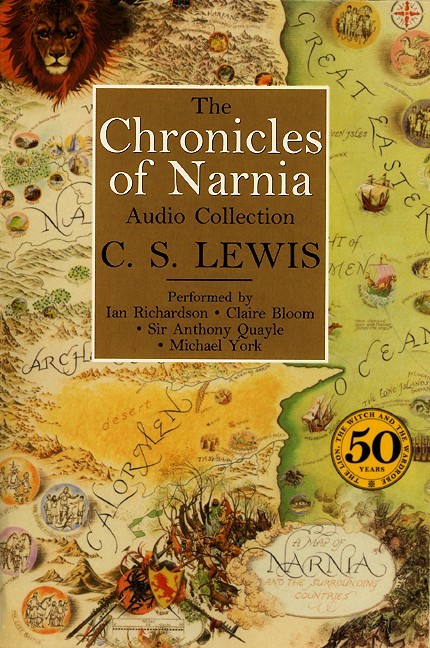So Proverbs is basically a bunch of collected advice from father to son - or at least that's how I look at it. There's tips on making and keeping friends, avoiding enemies, and, of course, how to find a good girlfriend.
If Leviticus was a bunch of physical laws to keep the Israelites healthy, then Proverbs covers the spiritual, emotional, and social side of things.
A lot of the proverbs were, I found, really applicable to my own life, especially the friendship ones. Here are two of my favorites:
He who covers up a misdeed fosters friendship, but he who gossips about it separates friends. (17:9) [Trust me, I have plenty examples of this in my own life. Plenty.]
The man who remains stiff-necked and hates rebuke will be crushed suddenly beyond cure. (29:1) [Why I like this one is because it reminds me that constructive criticism is a good thing. I tend to tense up when people tell me what I need to improve on, especially in my writing. Not good if I plan on improving!]Proverbs would be good to read more closely, and contemplate each piece of advice separately.
Gosh, this fellow is depressing! Apparently, Ecclesiastes is the Greek translation of the name Qoheleth, which the KJV translates as Preacher, but my version leaves in all it's unpronounceable glory. (Ecc 1:1)
Anyway - yes, Mr. Qoholeth/Ecclesiastes is extremely depressing.
This is the book where we get "Vanity, vanity, everything is vanity," and "There is nothing new under the sun." (Both from Chapter 1)
Ecclesiastes insists that all our toil and pleasure will disappear and be of no use to us. If you're a good person, you will probably suffer, and if you're evil, you might be glorified in the town square. Don't expect any rewards from God for following his commandments (at least not here on earth).
So apparently, Ecclesiastes was an advance beyond the previous books of the Bible. Where Proverbs says that the just people will be rewarded by God with full harvests and many children etc., Ecclesiastes says that the most you have to look forward to, as a God-fearing person, is possible happiness in heaven. But that's unsure.
He was the first to suggest a more lasting divine retribution, rather than an earthly one.
Phew. I'm caught up.
~Sophia

























